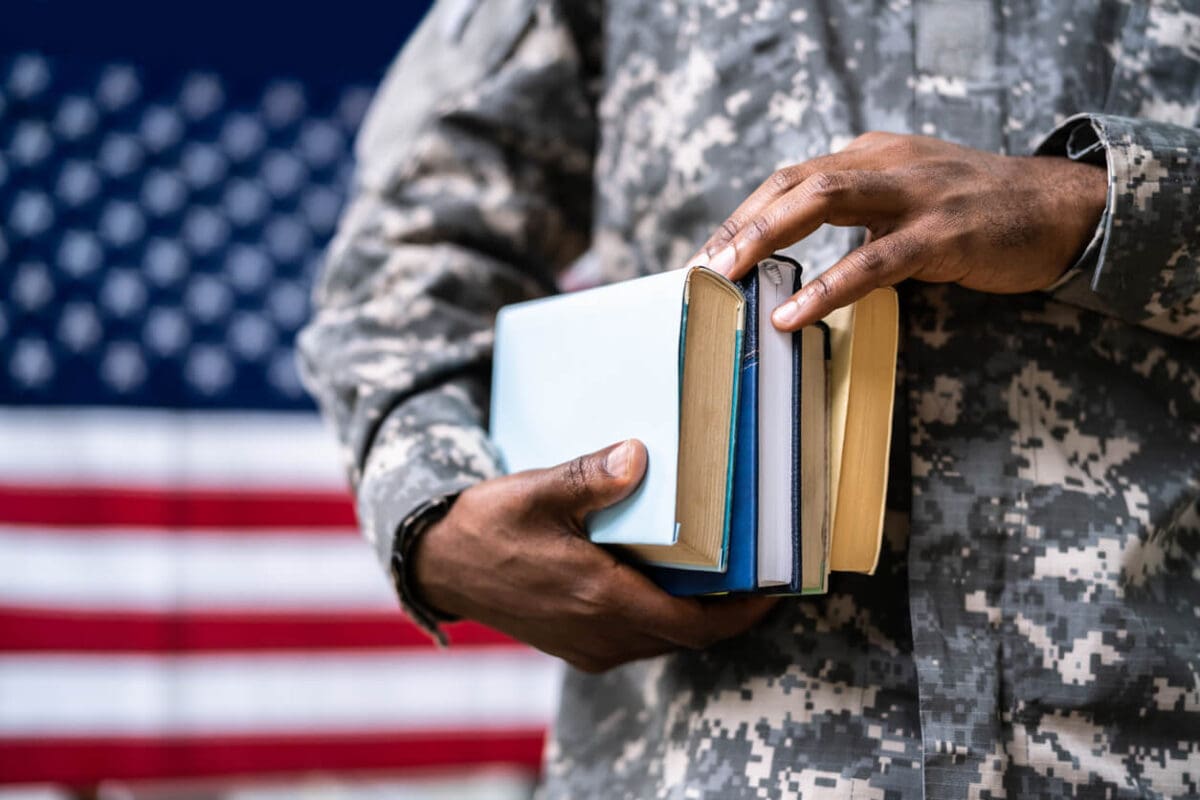5 Tips for Veterans Going to College After the Military

After serving in the military, veterans often face challenges when transitioning to civilian life. One major step for many is going to college. College can offer new opportunities for personal growth and career advancement, but it can also feel like a big change.
The good news is that veterans have many resources to help them succeed in college. Here are five helpful tips for veterans who are going to college after their time in the military.
1. Take Advantage of Veteran Admissions Advisors
The veteran admissions advisors are a great resource for veterans who are going back to school. These advisors are specifically trained to help veterans understand the admissions process, answer questions, and guide them through the college application steps.
They can explain the types of support available, such as special programs, credits for military service, and financial aid options. Speaking with a veteran admissions advisor can help you feel more comfortable and confident as you begin your college journey.
2. Understand Military Financial Aid Services
The military financial aid services are designed to help veterans pay for their education. There are several programs available to support veterans, such as the GI Bill, which provides funding for tuition, books, and living expenses.
Some schools also offer additional scholarships or grants specifically for veterans. It is important to speak with a financial aid officer at the school you are considering to understand the different options and how to apply for them.
3. Join Veteran Support Groups on Campus
One of the most important things you can do as a veteran in college is to find a community that understands your experiences. Many colleges have veteran support groups or student organizations. These groups provide a space for veterans to connect, share their experiences, and support one another.
Being part of a veteran community on campus can help reduce feelings of isolation and make the transition into college life easier. It also offers opportunities to network and make lasting friendships with people who have similar backgrounds.
4. Balance School with Family and Work Life
Many veterans returning to college also have families and work commitments. Balancing school with these responsibilities can be challenging, but it is possible with the right strategies. Consider taking part-time courses or adjusting your class schedule to fit your life.
Many veterans find it helpful to create a daily schedule that includes time for studying, family, work, and self-care. By planning ahead and staying organized, you can manage your time effectively and avoid feeling overwhelmed.
5. Seek Help if You’re Struggling with the Transition
Transitioning from military life to civilian life, especially in a college setting, can be tough. You may experience stress, anxiety, or difficulties adjusting to the new environment. If you’re struggling, don’t be afraid to seek help. Most colleges have counseling services and other resources for students.
Veterans can also access services specifically designed for them, including mental health support. Speaking with a counselor or a veteran’s affairs representative can help you manage the challenges you face and stay on track.
Conclusion
Going to college after serving in the military can be a big step, but with the right support and resources, veterans can succeed. By taking advantage of veteran admissions advisors, military financial aid services, and campus support groups, you can make the transition smoother.
College can be a rewarding experience, and with these tips, you’ll be better prepared to take on the challenges and succeed in your new academic journey.








